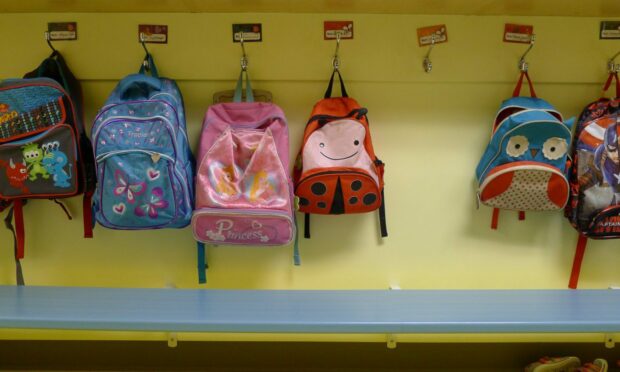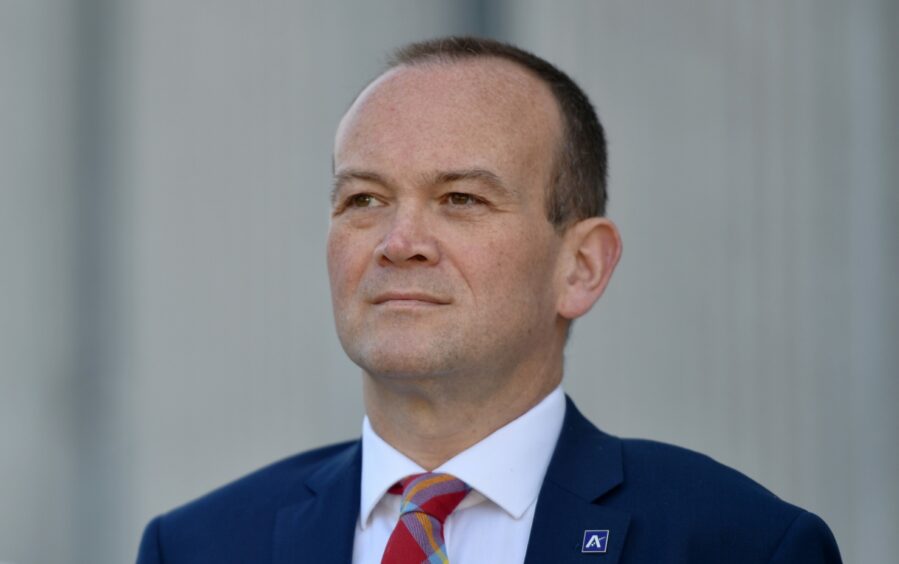Aberdeenshire Council repeatedly ignored demands to inform the parents of children who were the subject of ‘abusive and degrading’ WhatsApp messages by teachers.
Several teachers at Aberdeenshire schools reportedly exchanged messages on WhatsApp with derogatory references to primary school pupils with additional support needs.
Parents of children with additional support needs said they were ‘appalled’ at the messages.
Although the council commissioned an independent investigation, it refused to inform parents of the children concerned.
First Minister and children’s commissioner demanded parents be told
Both the First Minister and children’s commissioner said parents have a right to transparency and should be informed.
Ms Sturgeon said last month that “anyone who sends degrading messages about children with disabilities deserves utter condemnation”.
She stated further: “I understand the desire of parents for full transparency, and I hope that the council will take full note of that.”
The Children and Young People’s Commissioner Scotland (CYPCS) wrote to Aberdeenshire Council’s director of education Laurence Findlay in November 2021 demanding parents be informed.
The letter sought confirmation “that the children referred to in these WhatsApp messages have been identified and their parents/carers (and the children themselves where they have capacity) have been notified that references have been made to them in these messages.”
Mr Findlay responded that “no notification was given to parents or children”. He added that “the content of the messages was not disclosed to parents/carers.”
‘Deeply concerning attitudes and behaviour’
In January this year, the CYPCS again wrote to Mr Findlay: “You indicate that the children themselves and/or their parents/carers were not informed of the messages. We must assume therefore that they played no role in the investigation.
“We are unclear therefore how the council has determined that the deeply concerning attitudes and behaviour on display in the WhatsApp chat have not influenced the conduct of teachers towards children in the classroom in a way which impacts on their rights.
“It seems challenging at least to draw this conclusion without having spoken to the children or to their parents/carers.
“In any event, even if such a conclusion could reasonably be drawn, we note that failure to inform the children or their parents/carers of these messages has deprived them of the right to make a formal complaint, to take legal action, or to make a decision to remove their child from the school.
“We do not see how that can be justified.”
The CYPCS again contacted Mr Findlay in April this year, asking him to “confirm that you have informed the parents/carers and children involved of this investigation, and that they are being given the opportunity to participate in the investigation.”
Mr Findlay responded that the council had not informed the children or parents of the investigation. He added: “At this moment, the council does not intend to do so.”
Council waiting for final report of investigation
An Aberdeenshire Council spokesman confirmed parents had not been shown the offending WhatsApp messages.
“Any child protection concern raised with us is always properly reviewed by social work colleagues and investigated alongside appropriate partner organisations where necessary,” he said.
“The WhatsApp group messages referred to by the CYPCS were no different – education, human resources and children’s services colleagues reviewed matters before ensuring staff received additional training, including appropriate guidance about use of online platforms.
“At no point were any children considered to be at risk of harm, and that is why no contact was made with parents.
“After the matter was raised by the commissioner, we commissioned an independent review of our approach which has concluded this concern was dealt with appropriately and no further action is necessary.
“We will take time to carefully consider the final report when it is published in due course.”
Speaking to the P&J, the CYPCS expressed regret that it doesn’t have the legal authority to force the council to inform parents. A spokeswoman said: “We are continuing to press the council to do so though.”
More Schools & Family news
Last Class returns for 2022: Here’s where and when you can find P7 picture specials
‘Literacy and numeracy must be number one’: Councillor says primary curriculum too broad
Calum Petrie: Equal parental leave rights would be the perfect Father’s Day present



Conversation